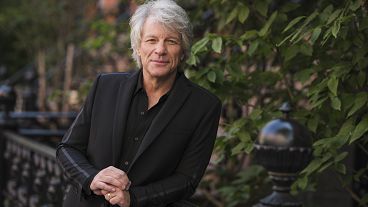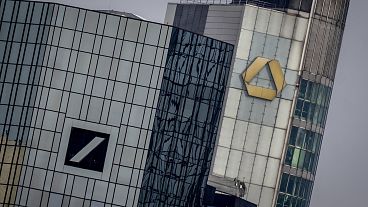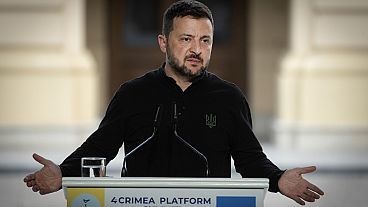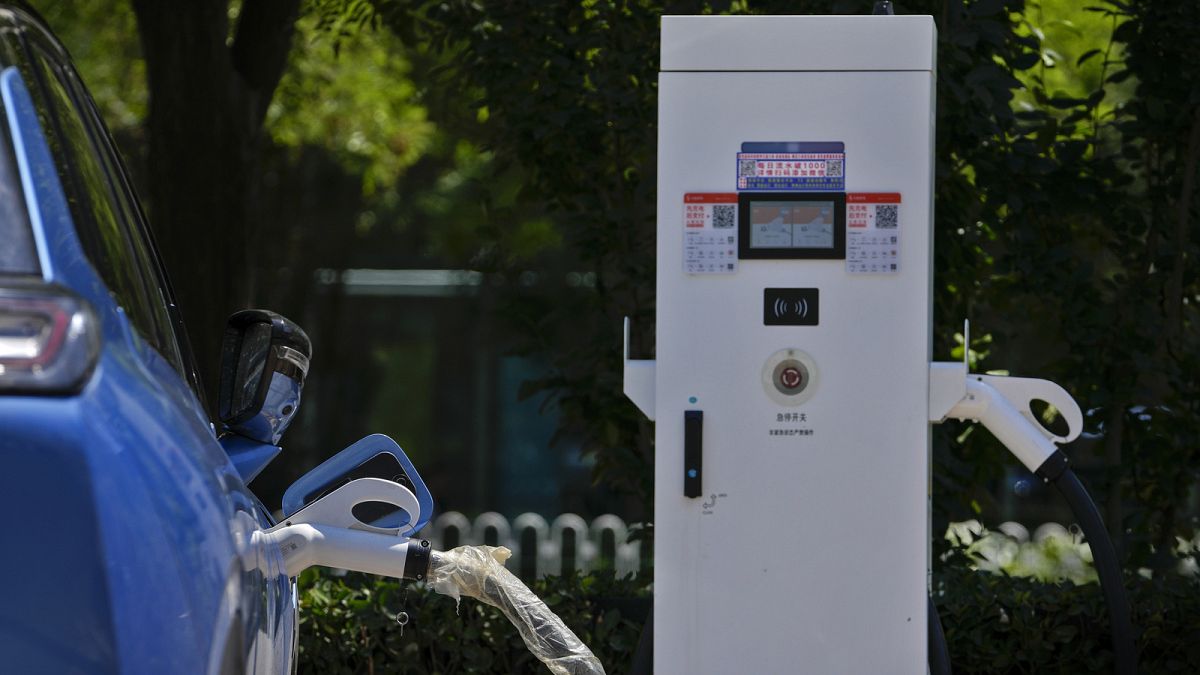The EU executive says it stands ready to reach an alternative solution, compatible with WTO principles, with the Chinese government.
Brussels intends to impose definitive duties on imports of Chinese battery electric vehicles (BEVs), the European Commission announced Tuesday, edging closer to a long-term solution to shield the bloc’s homegrown BEV industry from unfair competition from Beijing.
In draft final conclusions of its anti-subsidy probe, shared with Chinese BEV producers as well as the Chinese and EU governments on Tuesday, the Commission unveiled its intended definitive duty rates for a range of BEV producers.
If approved by EU member states, those rates would apply for five years from their adoption, meaning Chinese producers would be forced into longer-term price hikes.
The rates have been revised slightly down for three China-based manufacturers - BYD (17%), Geely (19.3%) and SAIC (36.3%) - after the companies challenged the provisional rates imposed by Brussels in early July.
The duty rate for US company Tesla, which also benefits from some Chinese subsidies, is foreseen at 9%. Brussels says that the company has fully cooperated with its investigation and has provided a comprehensive picture of the subsidies it receives from the Chinese government, allowing it to benefit from a lower duty rate.
The blanket duty rate for China-based BEV producers that cooperated in the Commission's probe but were individually sampled has been revised upwards from 20.8% to 21.3%. The rate for non-cooperating companies has been revised downwards from 37.3% to 36.3%.
The Commission said this was due to an error in its calculation methods that has now been addressed.
The executive also announced it would not retroactively collect duties for the Chinese BEV imports it has been registering since March this year, after it found no evidence of material harm to EU companies, only of a "threat" of economic harm.
The Chinese Chamber of Commerce to the EU snapped back later on Tuesday with a statement expressing "strong dissatisfaction and firm opposition" to what it calls the Commission's "protectionist approach."
It also claims that the competitiveness of the Chinese BEV industry is driven by factors such as "industrial scale, comprehensive supply chain advantages and intense market competition" rather than subsidisation.
'Intensive' discussions with Beijing
Affected companies or the Chinese government now have 10 days to provide comments, and can also request hearings with the Commission. The final duty rate is expected to apply from 31 October at the latest.
Discussions between Brussels and Beijing have intensified in recent months, as the prospect of Chinese retaliation and a fully-fledged trade war looms.
Tuesday's draft measures provide a first glimpse of the long-term tariffs that Chinese BEV manufacturers could face to import their products into the EU. It follows the bloc's nine-month anti-subsidy probe that found Beijing was pumping generous subsidies across its entire BEV value chain, giving Chinese companies an unfair advantage and threatening to suffocate the EU’s domestic industry by artificially deflating prices.
Cheap China-made BEVs have flooded the EU market over recent years, surging from a 3.9% market share in 2002 to 25% at the end of 2023, according to the Commission. It prompted alarm over potential further economic injury to an EU industry that is already lagging behind its global competitors.
The probe and resulting tariffs have become the pinnacle of European efforts to confront China’s aggressive trade practices, and has provoked a spat between Brussels and Beijing, which has filed a complaint with the World Trade Organization (WTO).
The Commission says that it remains open to identifying an "alternative, effective solution" with Beijing that abides by the principles of the WTO.
"Let me be clear that no final political decision has been taken," a Commission spokesperson said on Tuesday. "The EU remains open to reaching an effective and WTO-compatible solution together with the Chinese government that would address the subsidisation problems established by the investigation."
EU acting before 'workers are fired and factories shut down'
The probe has also proven divisive within the bloc, with Berlin most sceptical of Brussels’ muscle-flexing. Major German car manufacturers such as BMW, Mercedes-Benz and Volkswagen, which all have production sites in China, have warned of a potential knock-on effect on European value chains.
But Brussels has consistently defended the probe and resulting punitive measures as necessary to prevent Europe from becoming an industrial desert and the expense of emerging powers.












